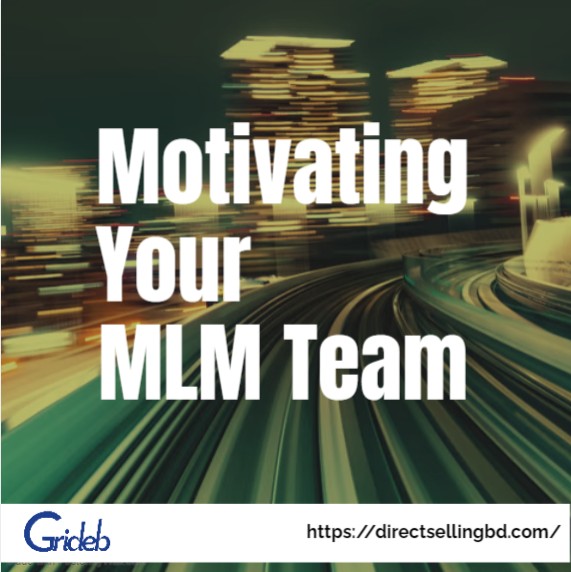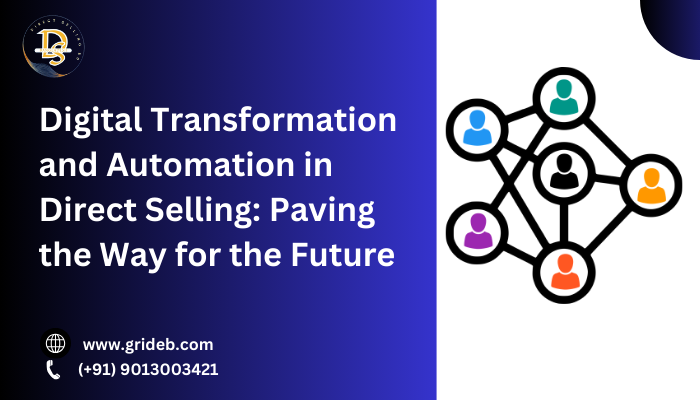The increased use of social commerce and influencers in direct selling and MLM (Multi-Level Marketing) is one of the most significant trends shaping the industry today. Here’s a detailed look at how this trend is manifesting:
Key Aspects of Social Commerce and Influencer Use
Social Media Platforms:
Companies are leveraging popular social media platforms such as Instagram, Facebook, TikTok, and YouTube to reach wider audiences. These platforms allow direct sellers to create engaging content, showcase products, and interact with potential customers in real-time (Infinite MLM Blog).
Influencer Partnerships: Collaborating with influencers and micro-influencers helps MLM companies tap into established follower bases. Influencers can provide authentic reviews, tutorials, and endorsements, which can significantly drive product sales and brand credibility (Infinite MLM Blog) .
Live Shopping Events: Live streaming events on platforms like Facebook Live, Instagram Live, and TikTok Live have become popular. These events enable direct sellers to demonstrate products, answer questions, and close sales in real-time, creating a more interactive and immediate shopping experience (Infinite MLM Blog).
User-Generated Content:
Encouraging customers to share their experiences and testimonials on social media helps build trust and community. User-generated content serves as powerful social proof, influencing potential buyers' decisions (Infinite MLM Blog).
Personalized Marketing: Social commerce allows for highly personalized marketing strategies. Companies can tailor their messages and offers based on user data and preferences, leading to higher engagement and conversion rates (Infinite MLM Blog) .
Benefits of This Trend
Enhanced Reach and Engagement: Social media extends the reach of direct sellers beyond traditional boundaries, engaging a global audience.
Cost-Effective Marketing: Leveraging influencers and user-generated content can be more cost-effective than traditional advertising methods.
Real-Time Feedback: Immediate interaction with customers provides valuable feedback and the opportunity to address concerns promptly.
Building Communities: Social commerce fosters a sense of community among customers, enhancing brand loyalty and retention.
Challenges
Authenticity Concerns: There is a risk of authenticity issues if influencers' endorsements are not perceived as genuine.
Platform Dependency: Relying heavily on social media platforms means being subject to their changing algorithms and policies.
Examples
Monat Global:
This MLM company has effectively used social media and influencers to promote their hair and skincare products, resulting in significant sales growth.
Rodan + Fields:
They utilize a robust social commerce strategy, partnering with influencers and leveraging user-generated content to reach new customers.
For more insights on this trend, you can check detailed articles on Forbes and Direct Selling News.#G638672
.jpg)
.png)
.png)
.png)
.png)
.png)

